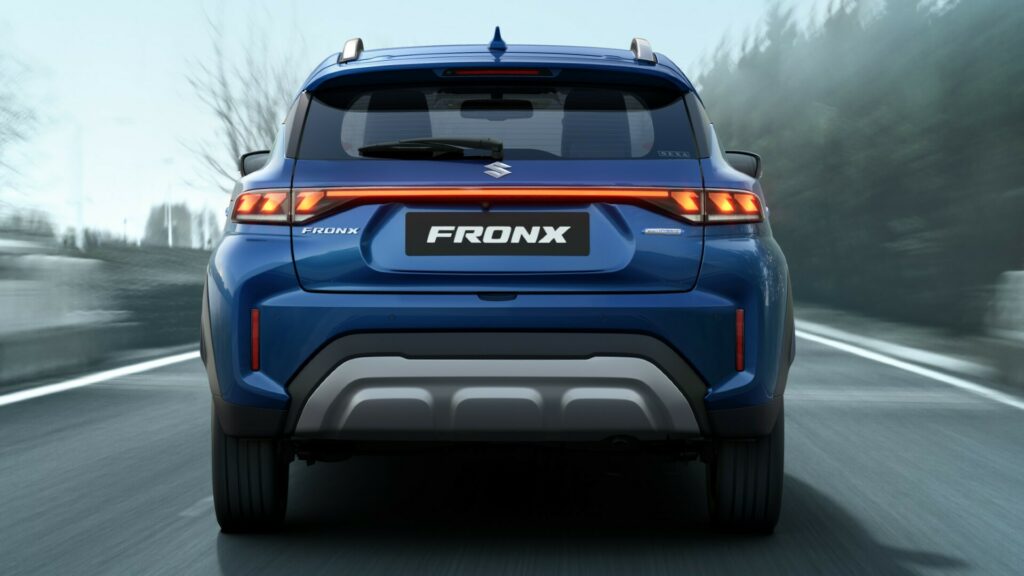Unexpected Imports

Japan has always been known for its robust local car market, with homegrown automakers leading the charge. Though many folks, including some high-profile policymakers, might assume Japan would be protective over its market, the country has had a zero-tariff policy on imported vehicles since 1978. This isn’t as obvious as you’d think and comes with some interesting twists.
Here’s the kicker: Suzuki, a prominent name in Japan’s auto industry, is actually importing a hefty number of vehicles back into Japan from India. In April alone, Suzuki shipped 3,990 vehicles of the five-door Jimny Nomade from its Indian production line to Japan, overtaking traditional European players like Mercedes-Benz and BMW in volume.
Suzuki’s Strategy

One of Suzuki’s standout models is the Jimny Nomade, which has captivated many with its rugged design and practicality. The pent-up demand in Japan is staggering. When Suzuki started taking orders in April, they were overwhelmed with 50,000 orders in just four days, despite having planned initially for only 1,200 units per month.
The other model making waves for Suzuki is the Fronx. This subcompact crossover, also made in India, aims to widen Suzuki’s presence globally, with eye on markets in over 70 countries including Japan.
Driving Experience

Driving the Jimny Nomade is a unique blend of capability and comfort. Its robust suspension rides smoothly over rugged terrain in a way that might remind drivers of classic Jeeps, yet it’s approachable and user-friendly for city drives. While not as plush as a luxury sedan, it adds a touch of adventure to every journey. Compared to the BMW X1 or Mercedes-Benz GLA, the Jimny stands out with its outdoorsy charm, giving more off-road confidence rather than urban chic.
Future Prospects
Suzuki’s strategy in India is not just limited to exporting a few models. They have big plans to boost annual production to 4 million units by 2031. With an anticipated investment of $8.3 billion, they’re looking to turn India into a manufacturing powerhouse for the global market. This includes not just Japan, but also Europe and Africa.
Other Japanese automakers like Honda are also leveraging overseas production to meet demand back home. In the first part of the year, Honda imported 16,720 vehicles into Japan, highlighting the growing trend. Overall, between January and April, 35,269 vehicles from Japanese brands found their way back to Japan, marking a significant 33% increase compared to the previous year.
The automotive landscape is dynamic, even in traditionally stable markets like Japan, with homegrown brands reshaping how business is done both locally and globally.
Custom Mercedes Batmobile
Taycan Software Fix
Next-Gen Truck Reveal
Porsche's Curious Past
New FJ Cruiser Peek